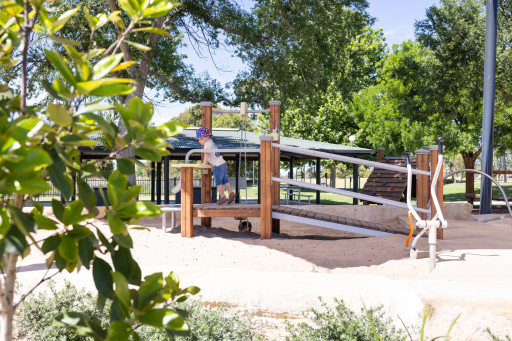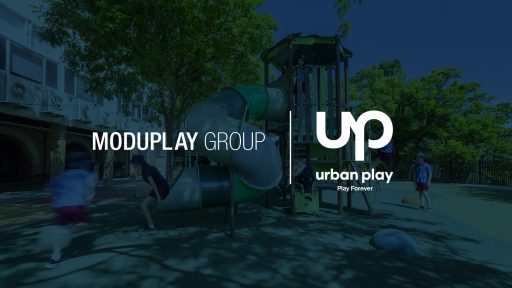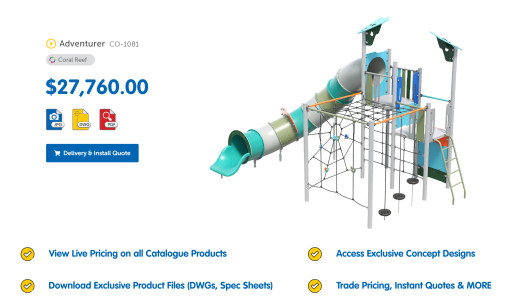The Impact of Playground Projects on Community Development
Playground projects, when thoughtfully planned and executed, can have a profound impact on community development and social cohesion. These spaces serve as more than just play areas for children; they can become central hubs for community interaction, fostering a sense of belonging and contributing to the overall well-being of the area.
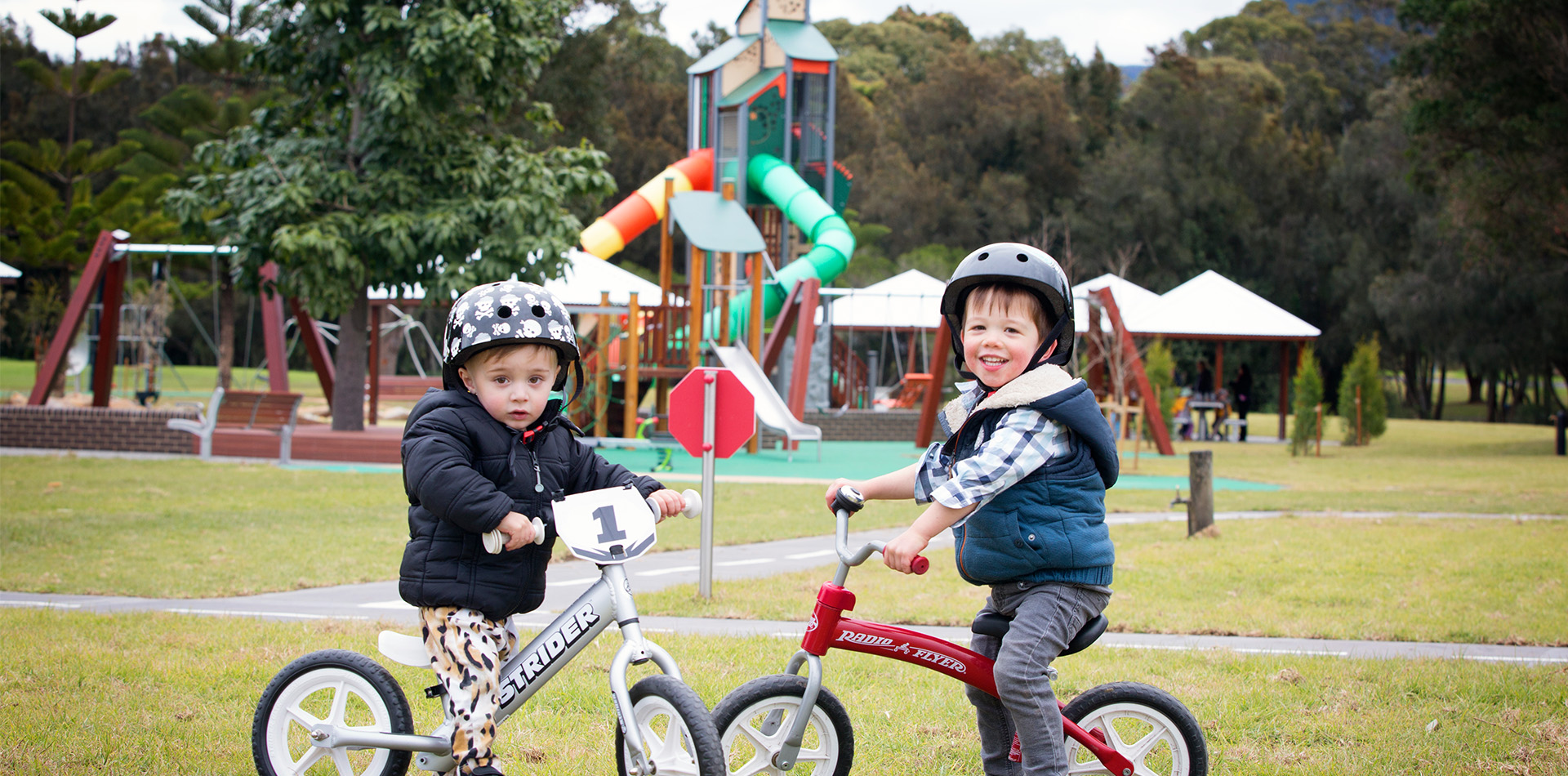
Share post
This discussion explores how playground projects can positively influence community development and enhance social ties.
Fostering Social Cohesion
Meeting Point for Families
Playgrounds provide a common space where families from various backgrounds can gather, interact, and form social connections, breaking down barriers and fostering a sense of community.
Inclusive Design
Well-designed playgrounds that cater to all abilities and ages encourage diverse groups of people to use the space, promoting inclusivity and understanding among different community members.
Enhancing Physical and Mental Well-being
Encouraging Active Lifestyles
Playgrounds promote physical activity among children and adults, contributing to healthier lifestyles and combating issues like obesity and sedentary habits.
Mental Health Benefits
Green spaces and recreational areas are known to have a positive effect on mental health, reducing stress and improving overall mood for community members.
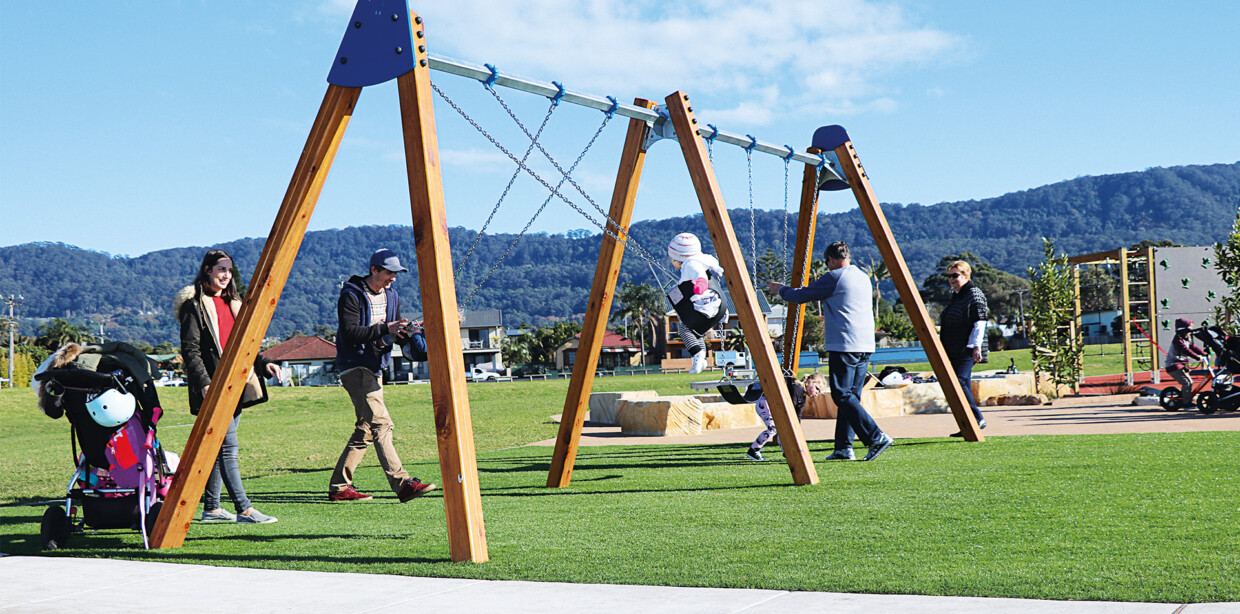
Child Development and Learning
Skill Development
Playgrounds offer opportunities for children to develop essential physical, cognitive, and social skills in a natural and enjoyable way.
Educational Elements
Incorporating educational elements into playground design, such as nature trails or puzzle games, can enhance the learning experience outside of formal educational settings.
Economic Impacts
Property Values
Well-maintained and attractive playgrounds can increase local property values, making the area more desirable for current and potential residents.
Local Business Support
Increased footfall in playground areas can benefit local businesses, cafes, and stores, boosting the local economy.
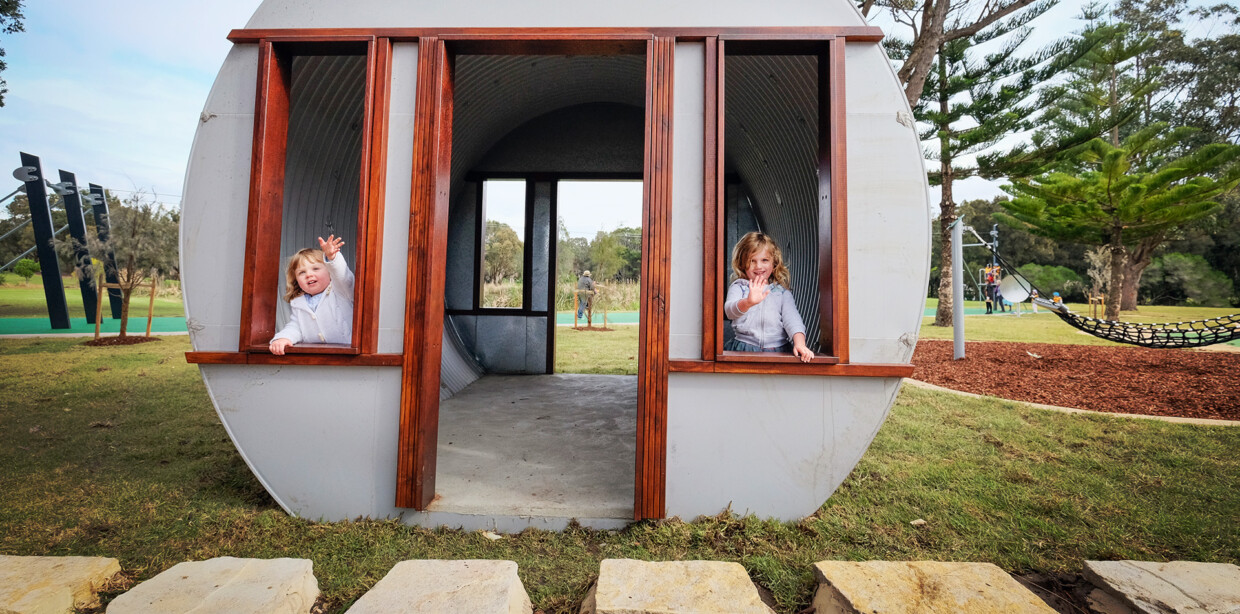
Community Engagement and Pride
Volunteer Opportunities
Playground projects often offer volunteer opportunities, encouraging residents to take an active role in their community, which can build a strong sense of pride and ownership.
Community Events
Playgrounds can be utilised for community events, festivals, and gatherings, further strengthening community bonds.
Environmental Benefits
Green Spaces
Incorporating green spaces in playgrounds contributes to environmental sustainability, provides a habitat for wildlife, and enhances the aesthetic appeal of the neighbourhood.
Education on Environment
Playgrounds can be used as platforms for environmental education, teaching children and adults about the importance of nature and sustainable living.
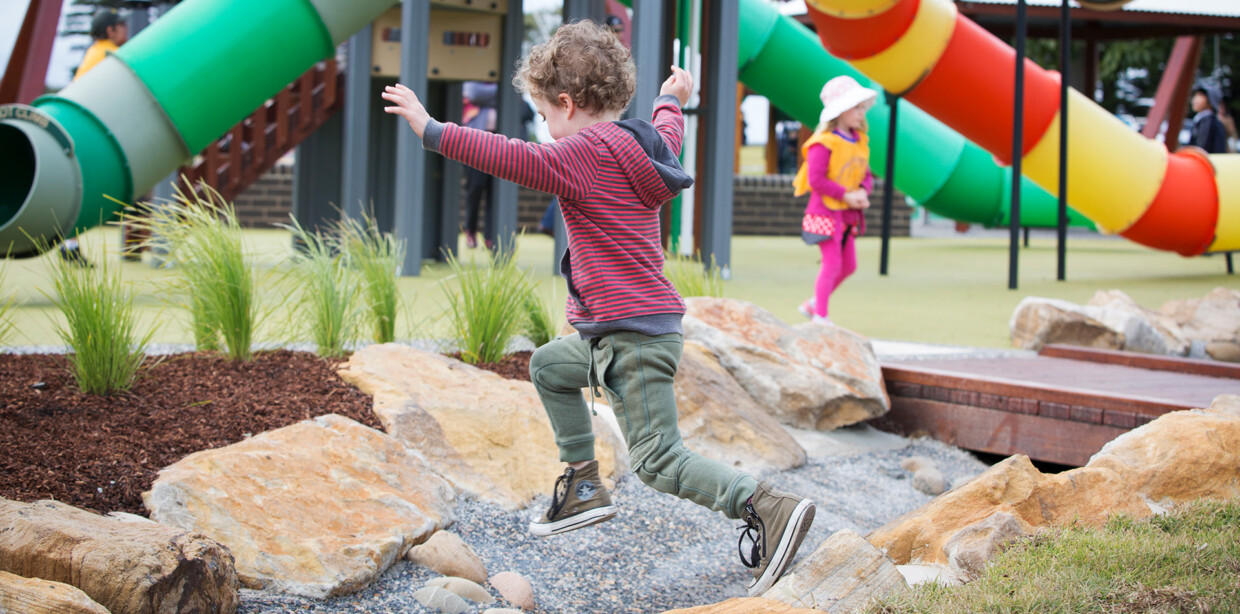
Crime Reduction and Safety
Safe Spaces for Youth
Providing youth with a safe and engaging space for recreation can help reduce juvenile delinquency and vandalism.
Community Watch
Active and well-used public spaces can lead to increased vigilance among residents, contributing to lower crime rates.
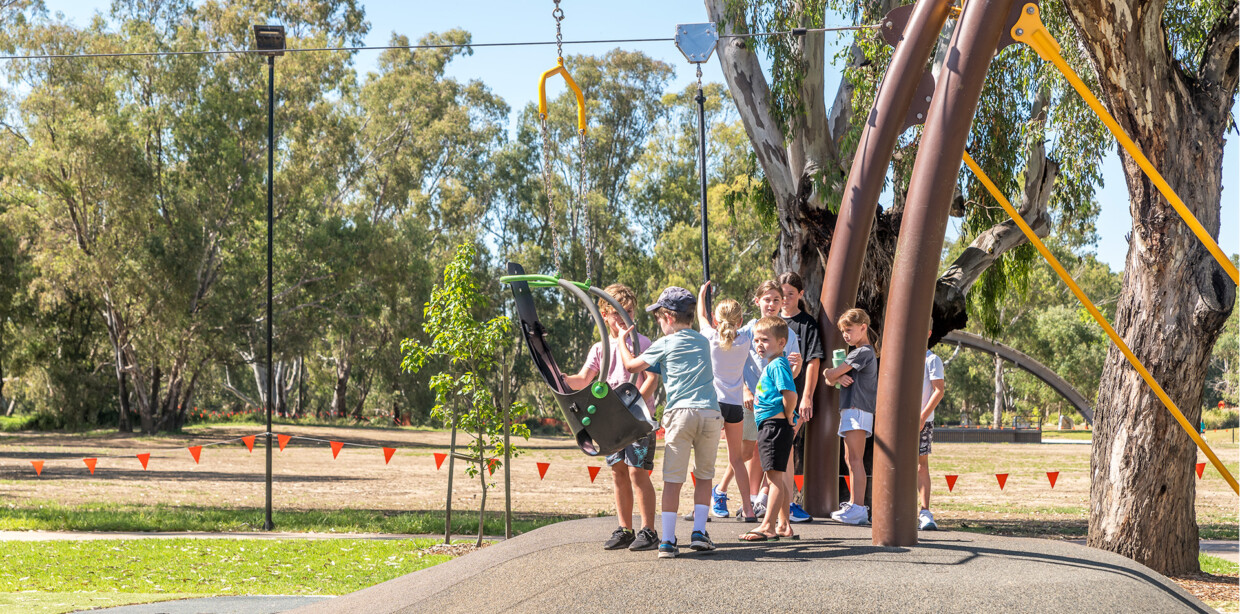
The impact of playground projects on community development is multifaceted, extending far beyond the provision of play facilities for children. These spaces act as catalysts for social interaction, physical and mental health benefits, economic growth, and environmental sustainability. By investing in playground projects, communities are not just creating play areas but are nurturing spaces that can significantly enhance the quality of life and social fabric of the area.
In summary, playground projects play a crucial role in shaping vibrant, healthy, and cohesive communities. They are investments in the social, economic, and environmental well-being of a community, providing a foundation for positive growth and development.
Keep in touch
Get design inspiration, business tips and new product alerts straight to your inbox with our Moduplay Newsletter, the Playground Press once every two months.
